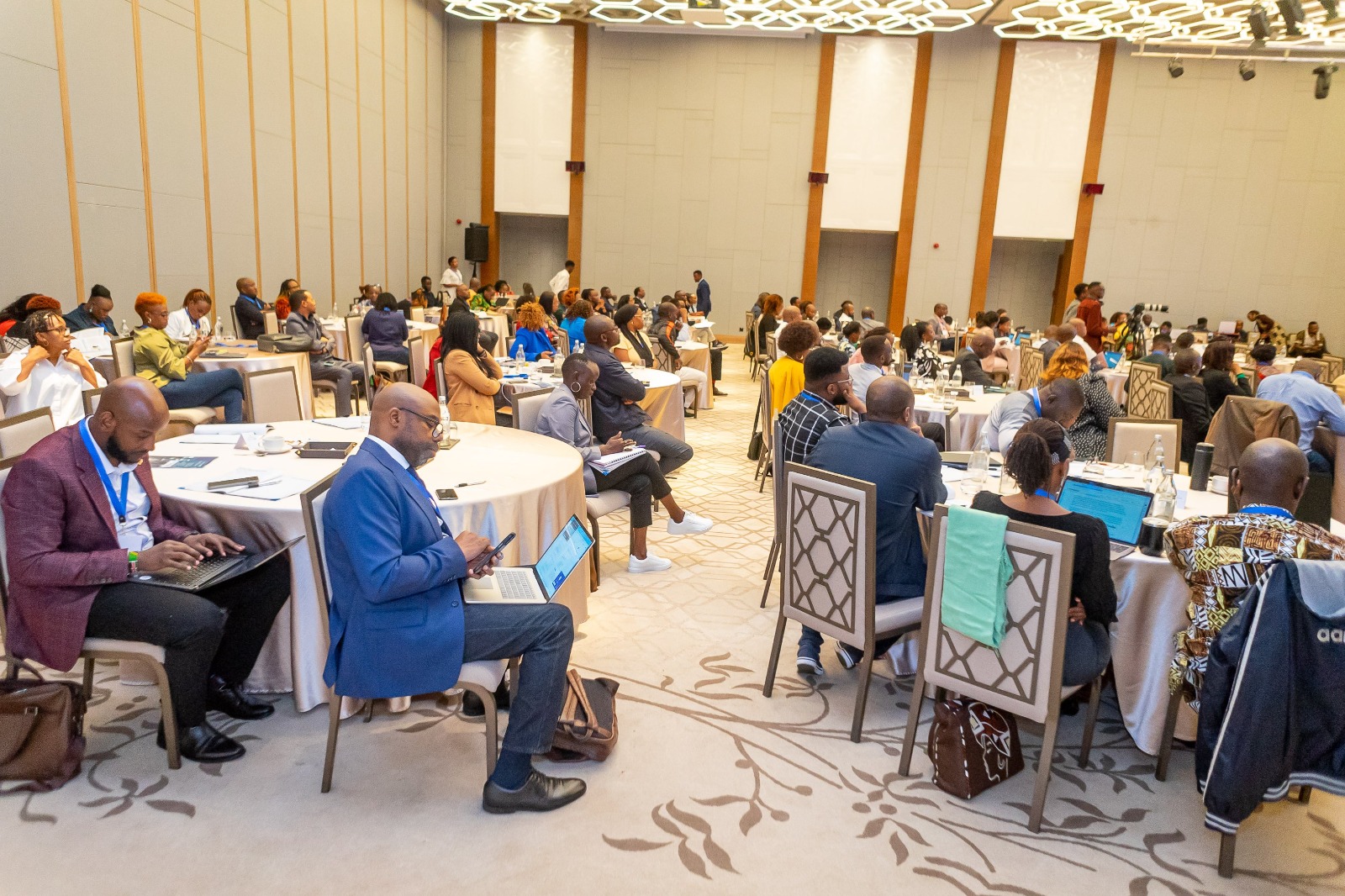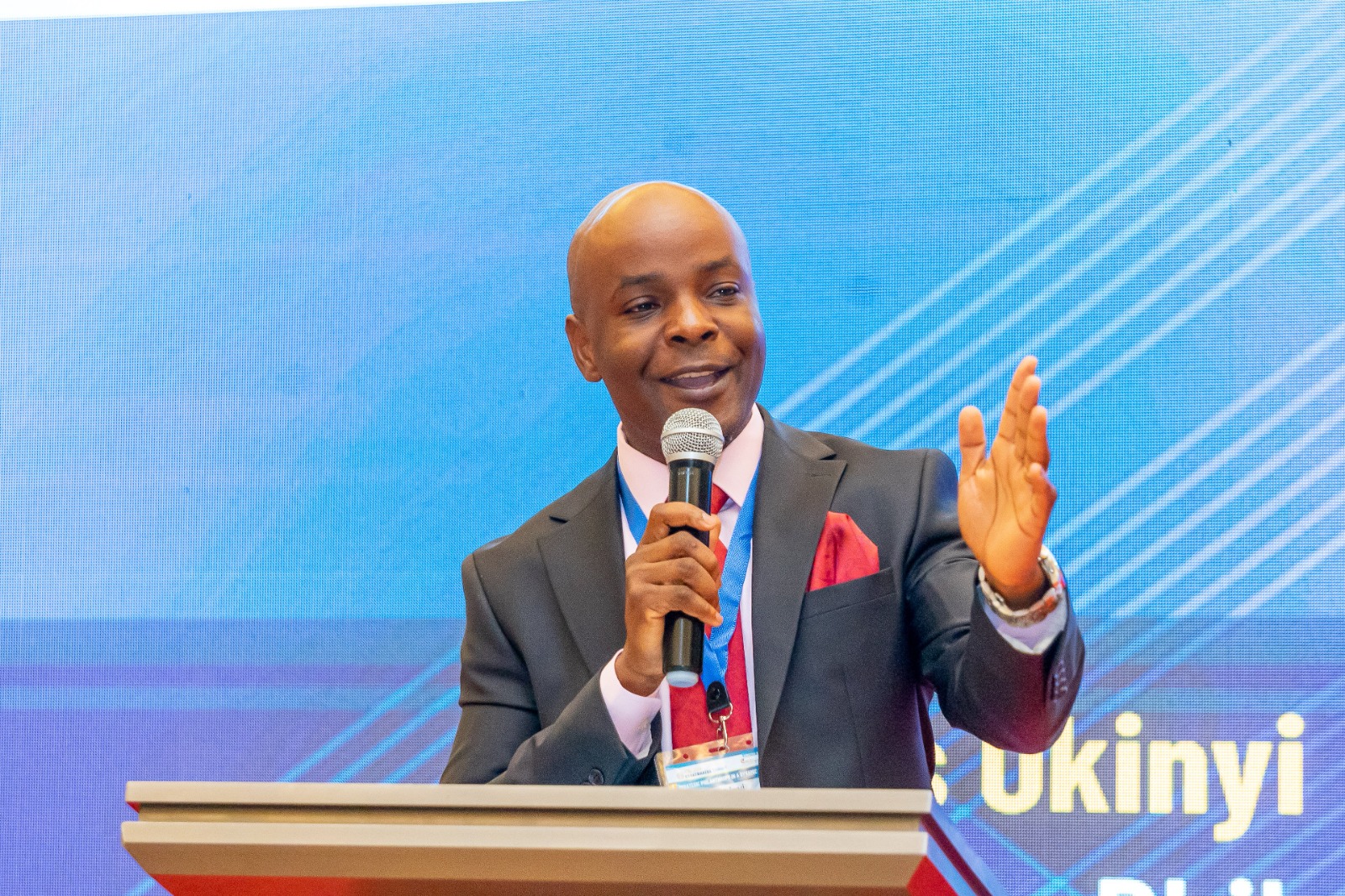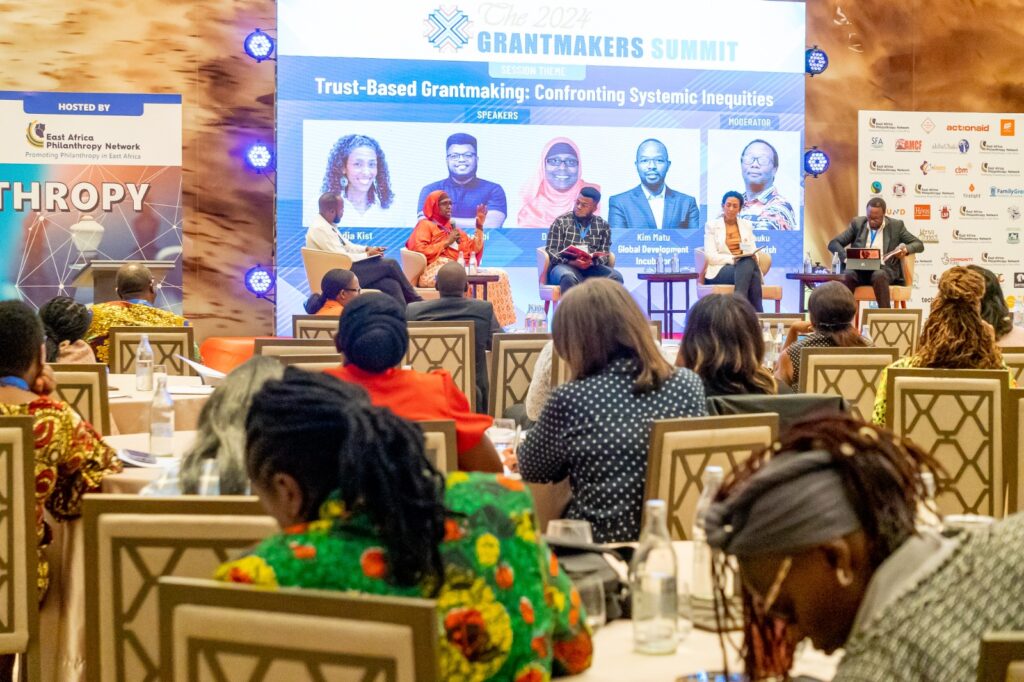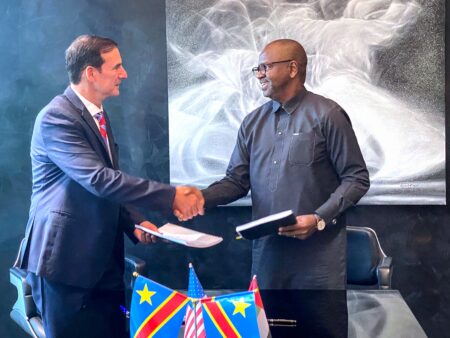- 2024 Grantmakers Summit brought together 159 organisations from the East African region to explore innovative and strategic approaches in philanthropy.
- The summit, titled “Strategic Philanthropy in a Dynamic Era,” brought together grantmakers to discuss the future of philanthropy amid global changes.
- Kimani also emphasised the need for a holistic approach to philanthropy, integrating environmental, social, and economic dimensions to address root causes
Organisations in the Philanthropy space will have to explore new funding models, such as impact investing, blended finance, and social enterprises to remain relevant, industry players have revealed.
Experts at the 2024 Grantmakers Summit argued that these models offer new avenues for sustainable growth and enhance the resilience of philanthropic efforts.
They were speaking during the opening ceremony of the summit that brought together 159 organisations from the East African region to explore innovative and strategic approaches in philanthropy.
East Africa Philanthropy Network Board Chair Eric Kimani, said that the evolution of philanthropy in the 21st century, has led to the rise of tech-savvy grantmakers committed to impactful giving.
“Philanthropy must evolve from static, one-size-fits-all models to dynamic frameworks that swiftly adapt to emerging challenges and opportunities,” Kimani stated.
EAPN Chief Executive Officer Evans Okinyi pointed out that traditional grantmaking has often been marred by critical gaps that undermine its potential.
He noted that the pervasive lack of transparency, has eroded erodes trust and fostered inefficiency.
“The top-down approach, wherein decisions are made in isolation from the communities we aim to serve, results in initiatives misaligned with local needs and priorities. Furthermore, the inadequacy of impact measurement mechanisms leaves us in the dark about the true efficacy of our efforts. We must acknowledge these systemic flaws with candor and resolve,” said Okinyi.
2024 Grantmakers Summit

The summit, titled “Strategic Philanthropy in a Dynamic Era,” brought together grantmakers to discuss the future of philanthropy amid global changes.
Kimani also emphasised the need for a holistic approach to philanthropy, integrating environmental, social, and economic dimensions to address root causes and promote systemic change.
He urged the formation of strategic alliances across sectors and geographies to amplify impact and achieve the Sustainable Development Goals.
The summit highlighted the importance of community involvement in decision-making, advocating for a shift from a top-down approach to one that empowers local communities. He stressed the need to incorporate local insights to create more relevant and effective interventions.
Technological advancements were also discussed as essential tools to improve efficiency, data-driven decision-making, and accountability in philanthropy. Kimani urged the sector to stay ahead of the curve by continuously exploring new technological solutions.
“Innovation in philanthropy necessitates a departure from isolated efforts and a shift toward collaborative ventures. By pooling our resources, expertise, and networks, we can amplify our impact manifold.”

“Collaborative models foster a culture of shared learning and mutual support, enabling us to tackle complex issues more effectively. This cooperative spirit is a fundamental ethos that must permeate our work. We must seek partnerships that unite diverse stakeholders with a common purpose,” said Okinyi.
Looking to the future, the industry players called on Grantmakers to develop long-term strategies that build resilience and capacity for future generations. He emphasised investing in education, innovation, and infrastructure to create a sustainable foundation for tomorrow.
“The path to rectification lies in embracing data-driven insights. By leveraging advanced data analytics, we gain a subtle understanding of the effectiveness of our current models. This entails collecting data and engaging in assessments that capture the lived experiences of beneficiaries. Through this holistic approach, we can identify patterns of success and failure, informing more strategic and impactful decision-making,” added the CEO.
Read Also: Climate charity Ashden pushes for increased financing support for green innovators











